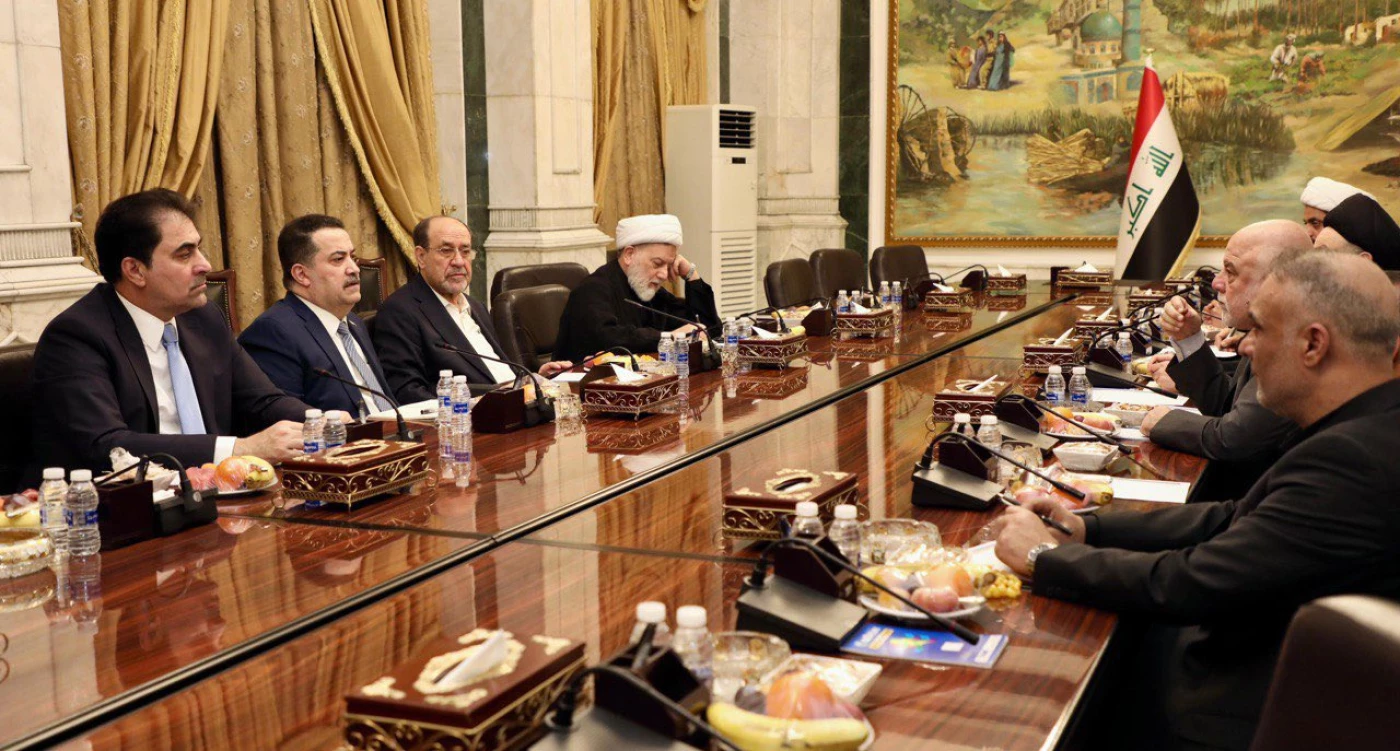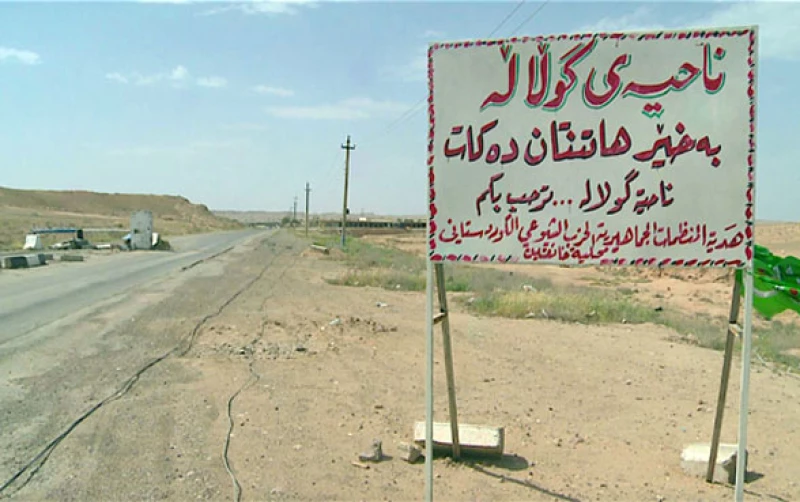ERBIL, Kurdistan Region of Iraq – Iraq’s ruling Shiite Coordination Framework is set to convene a meeting within the next few hours to resolve their position on the export of Kurdistan Region’s oil, an official within the faction confirmed to The New Region on Wednesday.
“The leaders of the Coordination Framework will hold an important meeting, attended by Iraqi Prime Minister [Mohammed Shia’ al-Sudani], within the next few hours to discuss the proposal to resume the export of Kurdistan Region oil within the next few days,” said Ali al-Fatlawi, a senior member in the faction, adding that “this meeting will be decisive and important regarding this issue, which has been stalled for a very long time."
The meeting comes hours after the Kurdistan Region’s Council of Ministers in a statement reiterated that Erbil has fulfilled all of its obligations toward resuming the Region’s oil exports, noting that once the process is restarted there will be “no excuses” in the way of Baghdad disbursing the Region’s financial entitlements.
“All parties are waiting on the federal government's decision to approve the mutual understandings that have been reached between both sides in the presence of representatives of the oil companies,” the council said in a statement.
“The Coordination Framework supports the resumption of Kurdistan Region oil exports, and they have no intention of continuing the suspension of exports, but according to conditions that will be discussed and agreed upon during the upcoming meeting,” Fatlawi told The New Region, adding that whatever decision the faction makes will be in line with the government’s position.
Separately, another well-informed source, speaking on condition of anonymity, confirmed to The New Region that “the meeting will address the findings of the Baghdad and Erbil teams following the recent negotiations that took place regarding Kurdistan Region salaries.”
Representatives from Erbil and Baghdad have engaged in fresh rounds of talks in both cities in recent days aimed at resolving the longstanding financial issues and making a final push toward the resumption of the Kurdistan Region’s oil exports—a move seen as the only step out of the crisis.
The source noted that “there was a good understanding regarding the outstanding issues,” during a phone call between Sudani and Kurdistan Region Prime Minister Masrour Barzani which took place on Tuesday night.
Spokesperson for the Kurdistan Regional Government (KRG) Peshawa Hawramani said earlier on Wednesday that funding the salaries of the Region’s employees by the federal government is contingent upon an agreement between international oil companies (IOCs) and Baghdad for the resumption of Erbil’s exports.
“The ball is now in Baghdad’s court,” Hawramani said. “The fate of one million employees awaits a signature,” from Iraq’s Prime Minister Mohammed Shia’ al-Sudani. Hawramani noted there were third parties involved in the recent meetings between Erbil and Baghdad, notably the US, who “wants the Kurdistan Region’s oil exports to resume.”
Exports of the Kurdistan Region’s oil through the Turkish Ceyhan pipeline were halted in March 2023 after Ankara lost a case against Baghdad in a Paris-based arbitration court. The case accused Ankara of breaching a 1973 agreement by allowing the KRG to start selling oil independently of Baghdad.
In a letter addressed to the KRG in late May, Iraqi Finance Minister Taif Sami said that Baghdad was “unable to continue funding the Region” for the rest of the year, arguing that Erbil has already exceeded its share of the annual budget.
Years of conflict and unresolved issues between Erbil and Baghdad, and economic sanctions and pressure on Erbil by federal authorities, have pushed employees in the Region to live from paycheck to paycheck.



 Facebook
Facebook
 LinkedIn
LinkedIn
 Telegram
Telegram
 X
X


